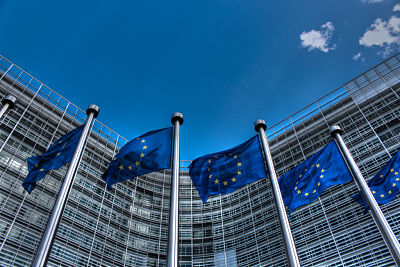
This has in turn ensured that concerns remain about the credibility of full implementation of NECPs. Civil society’s preliminary analysis of these national climate and energy plans shows that major shortcomings remain, many lack the necessary ambition and policies to deliver the emissions reductions required, in particular in the field of energy efficiency where the gap is significant.
It is particularly important to stay on track as the EU is about to define its 2040 climate target that should be achieved domestically and provide long-term direction for Member States' strategies.
“The EU’s 2030 climate and energy targets are clearly achievable, but without effective national policies and credible financing - both of which are largely lacking in the updated plans - implementation will fall short,” said CAN Europe’s climate and energy policy expert, Giulia Nardi.
NGOs from France, Germany, Ireland, Italy, Sweden, Bulgaria, Cyprus, and Malta have called on the European Commission to launch legal action against their governments, arguing that the shortcomings in their climate plans are not merely policy failures, but breaches of EU law. States have a legal obligation to deliver climate action, and the Commission has a clear responsibility to uphold and enforce EU law in response.
The EU Commission also pointed out that countries need to provide more detailed financing plans. In the absence of those, a significant “financing gap” remains, without a credible financing strategy, even well-designed plans risk remaining on paper.
CAN Europe previously analysed the compulsory citizens’ involvement in the NECP process, which proved to be particularly weak - with either an opaque or flawed process. This is a missed opportunity to strengthen plans through inclusive dialogue and social involvement.
“National climate plans are only as strong as the processes implementing them” added Giulia Nardi. “By sidelining public participation and failing to establish clear accountability mechanisms, governments are weakening the foundation of their climate commitments.”
In the meantime, EU governments have one more month to draft another important set of plans: their first Social Climate Plans, meant to explain how countries intend to spend their share of the new Social Climate Fund on climate action. Due date, June 30.
For additional information:
Communication delivering the Union’s 2030 energy and climate objectives

